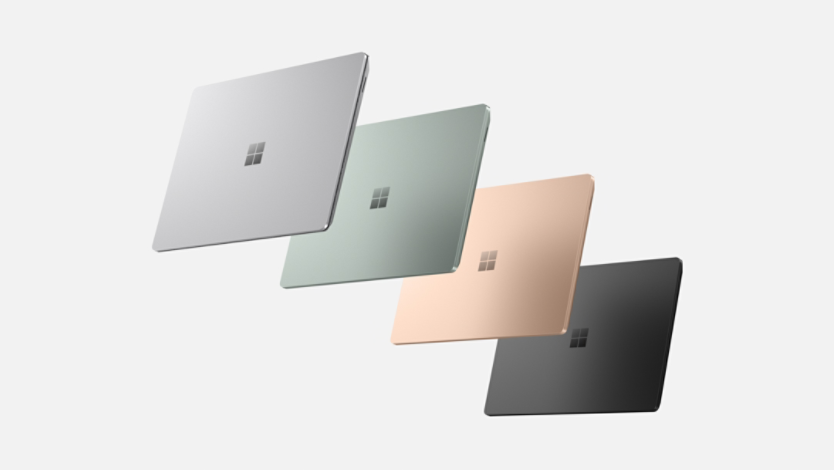
October 17, 2023
How to choose the right laptop processor
Your laptop’s processor is a fundamental piece of hardware that allows your machine to run programs. This piece of hardware is called the central processing unit, or CPU, and is often referred to as the “brain” of your computer. The CPU interprets instructions from computer programs, which enables your laptop to complete requested actions. These actions include everything you might use your computer to do---open a web browser, send an email, play a video game, edit a photo, and more. Learn about the benefits of having a good laptop processor and how to choose one that supports your computer needs.
What is a laptop processor and how does it work?
There are three different types of processors: CPU (Central Processing Unit), GPU (Graphics Processing Unit), and NPU (Neural Processing Unit). They all perform computations, but they have different strengths and weaknesses depending on the type of workload. GPUs specialize in graphics and parallel processing, NPUs manage neural network and artificial intelligence processing, and CPUs specialize in control and logic.
CPUs are not only found in your laptop, they’re also essential components of smartphones, tablets, and smart home devices. No matter the device, the CPU is the piece of hardware that performs the core function of turning instructions into action. A CPU uses transistors to make calculations that interpret the software your device is using.
To do its job of interpreting programs and outputting tasks, the CPU completes three actions: fetching, decoding, and executing. In the first step, fetching, your CPU accesses your computer’s memory to “fetch” instructions, which it places into the Instruction Register (IR). Next, your CPU decodes these instructions using a combinatorial circuit to translate the instructions into binary signals. Lastly, the signals get sent out to execute the specified task.
CPU vs. RAM
Another term that you might have come across in your research on processing speed is RAM (Random Access Memory). RAM is a short-term storage space for data that works with the CPU to keep your computer running and completing tasks. Both the RAM and the CPU are essential components to computer performance. Most experts recommend choosing a device with a more powerful processor rather than increasing RAM storage if you’re trying to optimize performance.
What kind of processor is right for me?
When it comes to processors, the conventional logic is pretty simple: the faster your processor, the faster your laptop can complete tasks and the more productive you can be. That said, not everyone needs the most powerful laptop on the market. When shopping for a new laptop and choosing one with the right processor for your needs, it’s helpful to think about the intensity of the tasks you need your laptop to perform. For those that are gaming, doing design or video work, or often run multiple programs at once, a higher-performing processor can make a noticeable difference. For everyday use, a standard dual-core processor is probably adequate.
There’s a Surface device for every type of user, from daily gamers to casual web surfers and professional researchers. Use the Help me choose tool to find the right Surface device and processor for you what you want to do.
Products featured in this article

Help me choose
More articles

Surface Laptop vs. Surface Pro 2-in-1

How to choose the right processor for your Surface device

